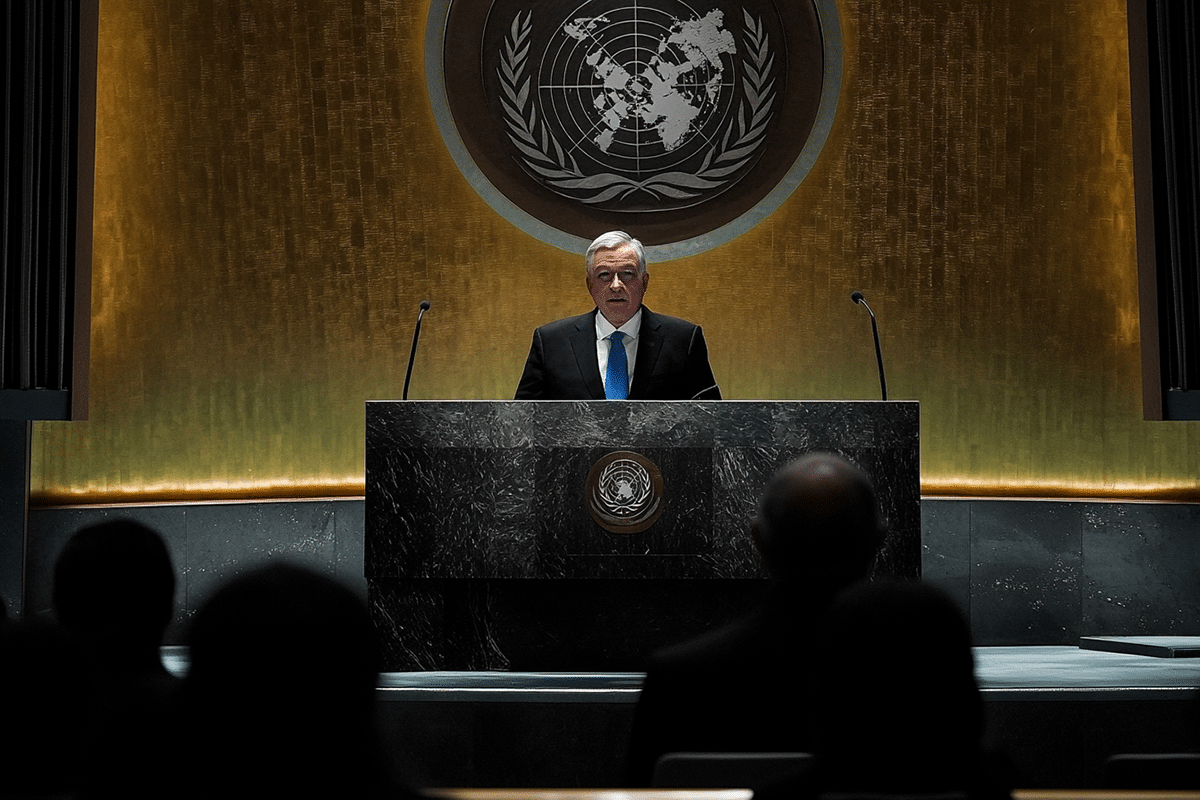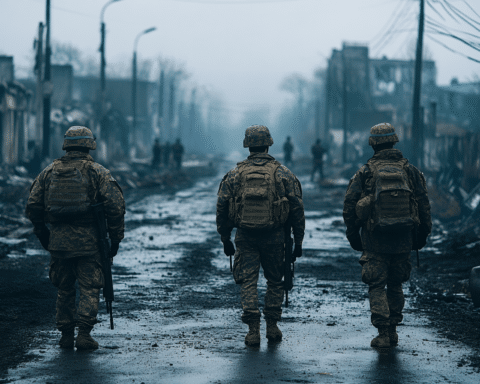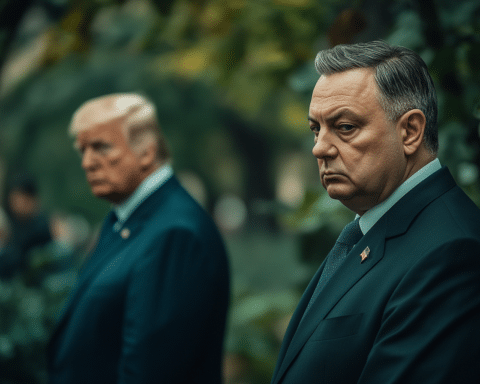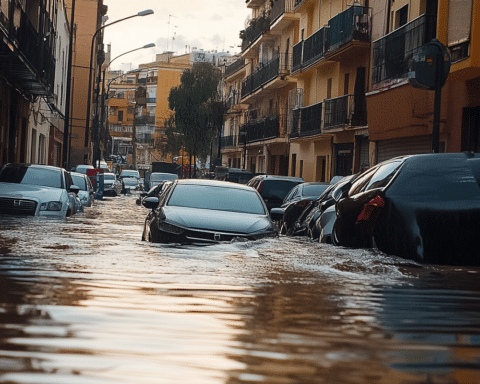As the annual high-level meeting of the United Nations kicked off, Secretary-General Antonio Guterres issued a stark warning to the world’s leaders about the increasingly perilous state of global affairs. Impunity, inequality, and mounting uncertainty, he said, are driving modern civilization toward the brink of disaster, with deepening divisions, raging conflicts, and environmental crises threatening to engulf the world.
This dire assessment reflects Guterres’ growing concern over the global situation, which he has repeatedly described as unsustainable in recent years. As geopolitical tensions rise, the ongoing conflicts in the Middle East, Ukraine, Sudan, and other hotspots show no signs of abating. The planet is also grappling with severe environmental transformations, including climate change, which exacerbates these challenges.
Unprecedented Global Challenges
Guterres characterized the world as being in an era of “epic transformation.” These unprecedented challenges, he argued, are fueled by widening geopolitical divisions and unchecked power struggles. The conflicts in Gaza, Ukraine, and Sudan remain particularly concerning, with growing violence threatening to spiral out of control.
The situation in Gaza continues to worsen, and Guterres expressed fears that the conflict could destabilize the entire region. Border clashes between Israel and Lebanon have placed Lebanon on the brink of crisis, while the war in Ukraine, sparked by Russia’s invasion in 2022, shows no signs of resolution. Meanwhile, the brutal power struggle in Sudan has resulted in horrific violence, including widespread sexual assaults, and a humanitarian disaster as famine spreads.
Beyond these well-publicized conflicts, the secretary-general also pointed to other global crises, including violence in Myanmar, Congo, Haiti, and Yemen, as well as the growing terrorist threat in Africa’s Sahel region. These interconnected issues underscore the complexity of the challenges that the international community must confront.
Path to Addressing Global Issues
Despite the grim outlook, the United Nations is taking steps toward addressing these mounting problems. During a two-day “Summit of the Future” preceding the main gathering, world leaders adopted a 42-page “Pact for the Future.” This blueprint outlines strategies to tackle urgent issues, including climate change, poverty, and artificial intelligence. The pact also calls for reforming institutions like the UN, which were established after World War II, to better address the needs and threats of the 21st century.
Guterres stressed that addressing the root causes of today’s crises requires tackling what he called the three drivers of unsustainability: unmanaged risks, inequality, and impunity. The secretary-general pointed out that impunity, in particular, has become rampant across the world, with a growing number of governments and other actors feeling entitled to disregard international law. These systemic failures are undermining the foundational principles of the UN, leading to widespread grievances and instability.
Calls for Unity Amid Global Divisions
As global divisions continue to widen, the call for unity was echoed by several leaders. U.S. President Joe Biden acknowledged the many global challenges, including the conflicts in Gaza, Ukraine, and Sudan, but urged world leaders to focus on the forces that can hold countries together, rather than those driving them apart. Brazilian President Luiz Inácio Lula da Silva also voiced concerns about rising military spending worldwide, which has reached over $2.4 trillion. Lula stressed that these resources could have been better allocated toward fighting hunger and addressing climate change.
In addition to the economic and environmental challenges, regional tensions in the Middle East were a focal point of the discussions. Iran’s President Masoud Pezeshkian accused Israel of escalating violence and attempting to destabilize the region. Iran, a staunch supporter of Hamas and Hezbollah, remains deeply entrenched in the region’s ongoing power struggles.
Turning Promises Into Action
The UN meeting is expected to run through September 30, during which leaders from around the globe will discuss strategies to address these urgent global issues. The Summit of the Future, which resulted in the adoption of the “Pact for the Future,” represents a critical step toward bringing the world’s increasingly divided nations together. However, Guterres emphasized that much work remains to be done.
The secretary-general made it clear that unlocking the path forward requires not just agreement but also concrete actions. The world’s more than 8 billion people are depending on their leaders to turn these promises into real solutions.
The annual gathering will feature key speeches from major figures involved in ongoing global conflicts. Palestinian President Mahmoud Abbas and Israeli Prime Minister Benjamin Netanyahu are expected to deliver remarks later in the week, with the spotlight firmly on the escalating war in Gaza and the broader implications for the Middle East.
As the world watches, the pressure on global leaders to act decisively has never been greater.





